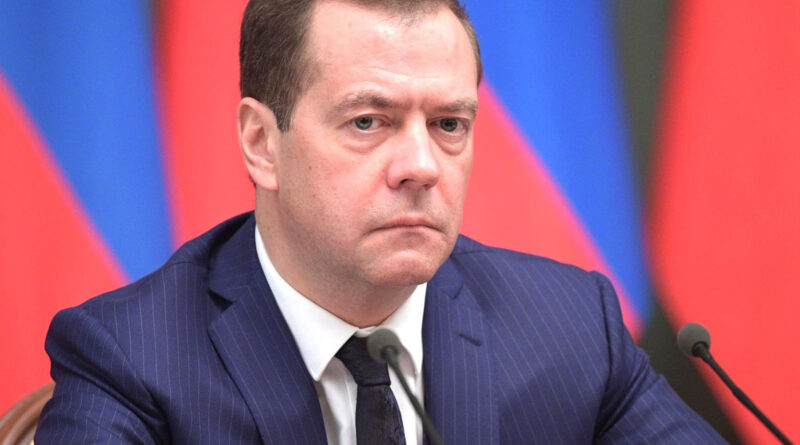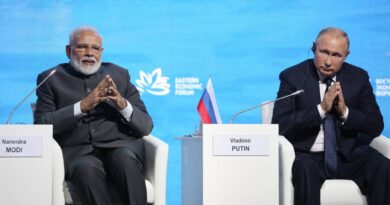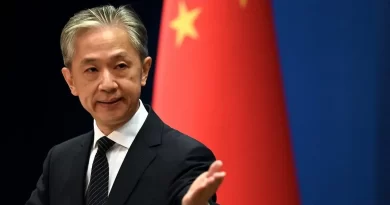Russia’s Dmitry Medvedev Predicts Collapse Of “US-Centric World”: Report
Former Russian President Dmitry Medvedev has stated that sanctions placed in his country will have various global consequences, Newsweek reports.
Russia invaded Ukraine on February 24 this year, which resulted in the west imposing strict economic sanctions and countries that punished who would do business with Moscow. Because of sanctions, Russia faces an uncertain economic future crisis.
But that did not stop Mr. Medvedev from attacking the US and his allies. He said that the effect of this sanction will be felt throughout the world.
Mr. Medvedev made predictions in the telegram channel on Friday, according to Newsweek reports, where he outlines 10 points of impact on the supply chain, inflation and food crisis.
He also predicted that restriction steps would endanger the global financial system, potentially triggering a monetary and financial crisis in several countries or blocks as a result of underestimating the stability of a number of national currencies, rampant inflation, and disturbance from the legal system protecting private property.
Many aspects of life, according to politicians, will be affected. “New regional military conflicts will appear in places where the situation has not been resolved peacefully for years or where the substantial interests of large international players are ignored. Terrorists will be active who think that Western authorities are currently transferred by a dispute with Russia,” ” He wrote.
He further said that “the collapse of the idea of the American-centric world” because all this will highlight the weaknesses of the concept of Western International Relations, the Newsweek report said.
Comment
Mr. Medvedev was elected as President of Russia in 2008. He was considered more liberal than his predecessor, Vladimir Putin, who served as Prime Minister during Medvedev’s term of office. As president, Medvedev prioritizes a broad modernization program aimed at modernizing the Russian economy and society while reducing state dependence on oil and gas.




